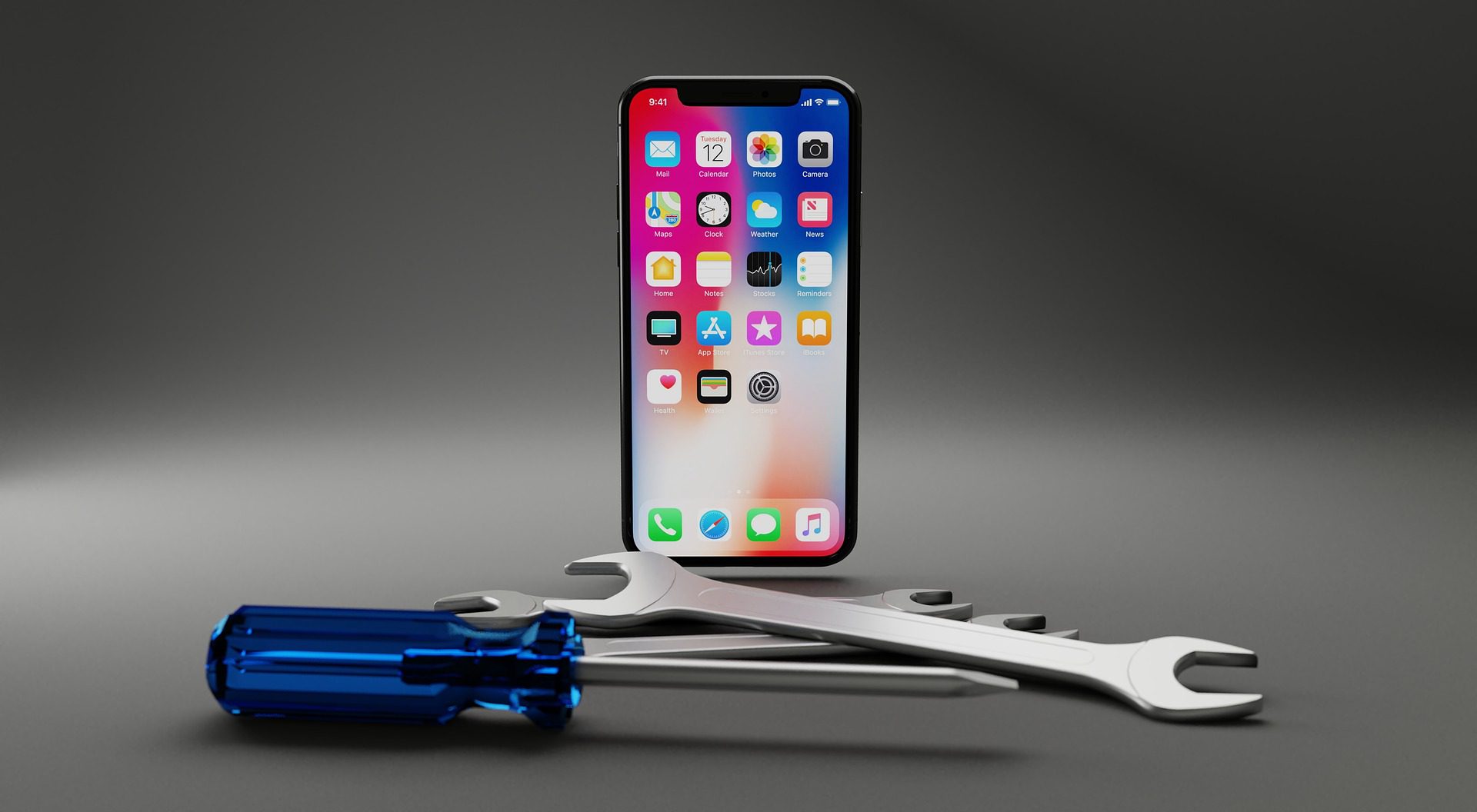It has become possible to buy coffee and take a train with the iPhone, but Apple wants to completely replace the physical wallet. To this end, earlier this week, Apple announced a new feature that allows users to scan their driver’s license and store it on the iPhone as a legal form of identification.
The company is working with an unknown number of states and transportation security administrations to develop the plan, which aims to expedite tedious tasks such as passing airport security checks. This feature is expected to be launched this fall when Apple will launch its latest iPhone operating system, iOS 15. Apple touts the feature as an additional convenience, but for privacy experts and advocates, it is sounding the alarm. “It makes me feel that this is the ultimate example of them trying to integrate into more and more aspects of our lives,” said Evan Greer, a progressive organization that criticizes large technology companies and fights for the future. It’s too big to fail. “Although iPhone users can already store digital copies of their credit cards and use Apple’s Wallet app to make purchases, some people view digital IDs as a bridge that is too much and requires more monitoring and data tracking.
Standard University Research Digital Elizabeth Renieris, a researcher on the identification system, said the feature is easy to use and saves time. However, these conveniences come at a price: turning every instance of our identity into a business opportunity. “The more elegant these credentials, the more they are embedded in us. Connected things, such as mobile devices, are more motivated to introduce identity requirements in environments that have never existed before,” Renieris said. “We are taking risks, and we will always have to prove ourselves. Identity, which will produce some improper incentives. “Renieris said that for-profit companies like Apple see ID as a way to make money. Maybe one day it will increase transaction costs, just like Apple makes purchases through Apple Wallet.
Apple has not publicly disclosed its planned Apple ID commercial Mode. It will make iPhone users more dependent on Apple to manage their daily lives. “We really opened Pandora’s box to let people know themselves from the private space of mobile phones,” Weir said. “But this is exactly what Apple wants: to shape the way people communicate, collaborate, discuss, buy and sell, and now people’s identities. Apple wants everything to be within its scope.” Digital identification can be used for tracking or as a way to make money for businesses. a method. Instead, he pointed to an advertisement stating that the ID will be encrypted and “securely stored” on the iPhone.
About a dozen states and the federal government are already exploring ways to digitize official identification, although experts say Apple’s involvement has brought new concerns. For Aram Sinnreich, a professor of technology at the American University in Washington, this is another reason why Congress should pass a law restricting the way companies use data online. Although some states, including California and Virginia, have passed data privacy laws, the United States has no national laws that protect Americans’ online information.

